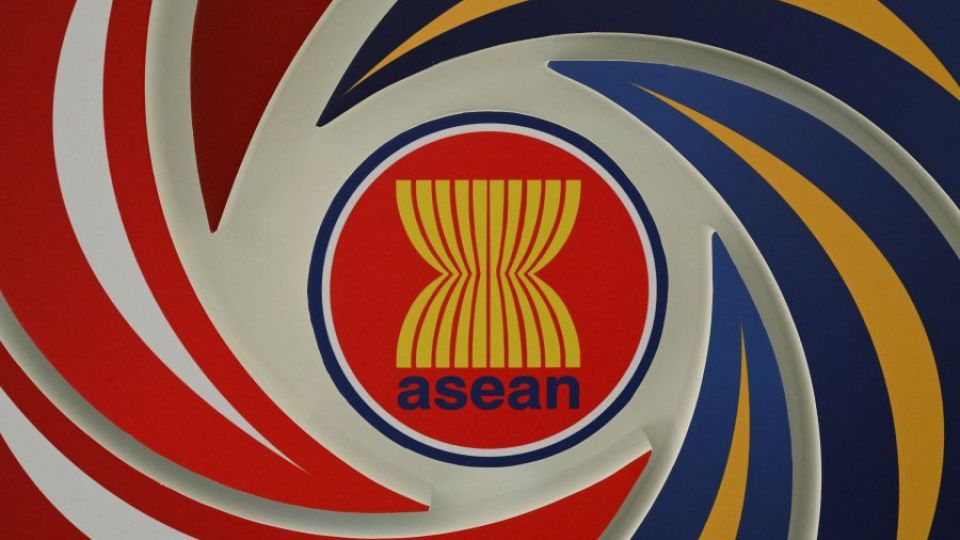January 21, 2025
JAKARTA – ASEAN launched an expanded ASEAN Guide on AI Governance and Ethics for generative AI on Friday.
The updated guide, published at the ASEAN Digital Ministers’ Meeting 2025, provides a policy-driven recommendation to manage risks and promote responsible use of generative artificial intelligence, which is built upon the previous edition of the guide in 2024.
The last version highlighted six major risks posed by the technology, including mistakes and anthropomorphism, factual inaccuracies, deepfakes, intellectual property (IP) infringements, privacy and confidentiality, as well as embedded biases.
The document now also delves into frontier and systemic risks linked to the long-term evolution of advanced generative AI models, though the technology is not yet widespread across the region.
The guide encourages the economic bloc’s member states to adopt its recommendations voluntarily, which serve as a useful starting point to align such policies among ASEAN members, the report noted.
ASEAN has projected that AI could boost the region’s gross domestic product, potentially adding US$1 trillion by 2030, according to the Economic Research Institute for ASEAN and East Asia (ERIA).
Southeast Asia is seen as having a unique opportunity to compete in the global AI landscape, particularly in data centers, according to the e-Conomy SEA 2024 report by Google, Temasek and Bain & Company.
The region has attracted significant investment in AI, with the first half of 2024 alone bringing in over $30 billion committed to AI infrastructure in the region.
Google estimates that AI could contribute up to $167 billion by 2030 to the Indonesian economy, equivalent to 13 percent of the country’s GDP in 2022.
Indonesia issued a circular on AI use in 2023, which presents ethical guidelines to shape company-internal policies for AI programming, analysis and consulting.
Communications and Digital Minister Meutya Hafid said on Jan. 14 that the government vowed to finish drafting a regulation on AI in the next three months, under an effort led by second deputy communications minister Nezar Patria.
Indonesia was among the first Southeast Asian countries to develop such legislation, according to the ministry.
However, Indonesia is at risk of missing out on the global boom in AI development if it does not make a decisive move to fill the gap in relevant infrastructure and human capital compared to its regional peers.
Experts believe the country faces a dilemma regarding AI as falling behind in the sector could hurt its competitiveness, but jumping in too fast could lead to chaos.
Indonesia ranks the third lowest among the 12 Asia-Pacific countries surveyed in the 2023 Asia Pacific AI Readiness Index of United States software company Salesforce.
This puts Southeast Asia’s largest economy behind its neighbors Singapore and Malaysia, especially in data centers and regulatory frameworks, such as a national AI strategy.


